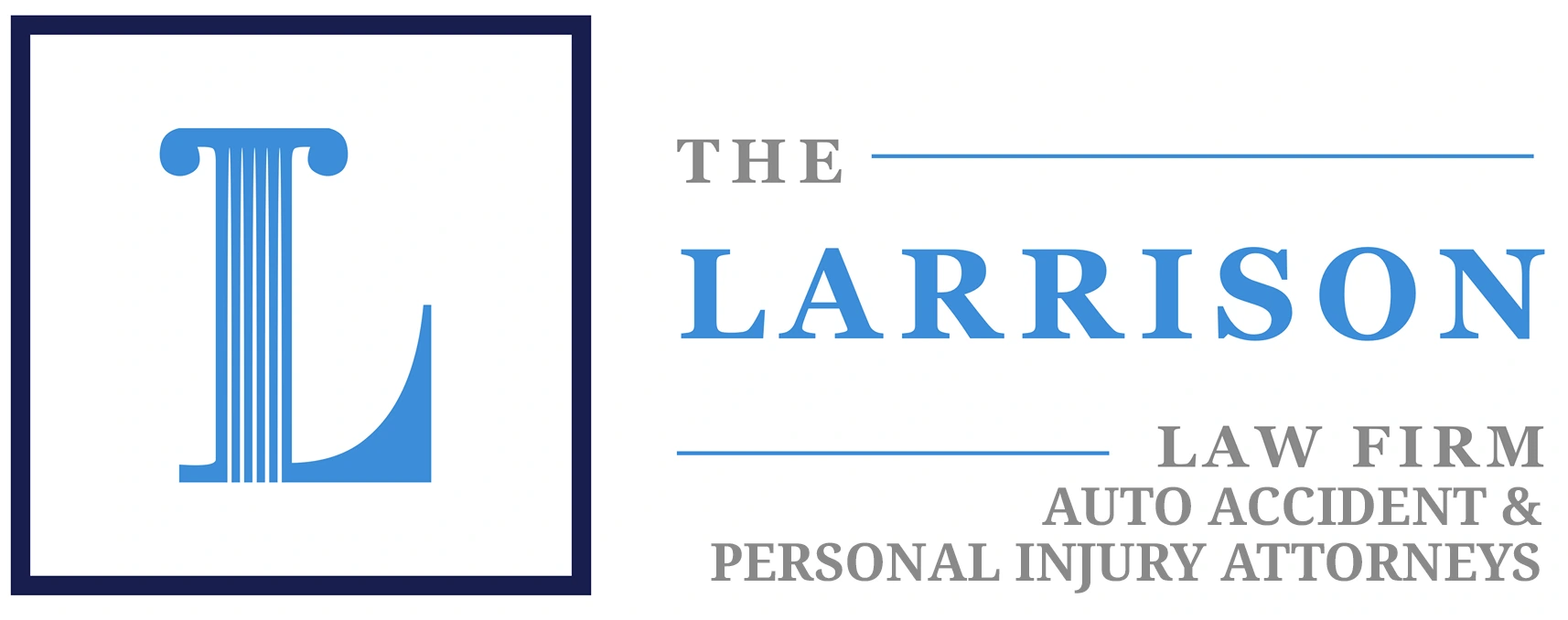Thousands of Georgia residents use a motorcycle for their daily mode of transportation and/or for recreation. However, it’s important to note that, while convenient and fun, motorcycles can also be dangerous.
Motorcycles do not offer the same level of protection that cars and trucks do. Georgia’s motorcycle helmet law is in place to protect riders and their passengers. The law requires that riders and passengers wear an approved helmet any time they are on the motorcycle.
Still, accidents and injuries can occur. If you or a loved one has been involved in a motorcycle accident in Georgia, you need an attorney who can handle your case and ensure that you get the proper compensation.
Brady M. Larrison at Larrison Law Firm Auto Accident and Personal Injury Attorneys can help. Contact our Athens motorcycle accident lawyer today to get started.
Does Georgia Have a Motorcycle Helmet Law?
According to O.C.G.A. § 40-6-315, anyone who is riding a motorcycle- whether they are controlling it or a passenger — must wear a helmet. In addition, the Commissioner of Public Safety is required to provide a list of helmets that meet specific DOT safety standards.
This Georgia motorcycle helmet law is in place to reduce the number of head injuries and deaths in the case of a crash.
What Is a DOT-Approved Motorcycle Helmet?
When shopping for a motorcycle helmet, it’s important to note that not all helmets meet DOT standards. These are known as “novelty” helmets and are not recommended for the road because they do not offer the protection of a DOT-approved helmet.
Georgia motorcycle helmet law requires that riders and passengers wear a DOT-approved helmet when on the bike. A DOT-approved helmet meets certain safety standards set forth by the United States Department of Transportation.
Helmet manufacturers are able to self-certify their helmets. However, in order to be given the DOT seal of approval, a helmet must undergo a variety of testing to assess its resistance to impact and penetration.
Department of Transportation criteria for helmets include:
- The inner liner must be at least 1” thick and made from polystyrene foam
- The helmet must weigh at least 3 pounds
- The helmet must have durable chin straps attached with solid rivets
- The helmet must have no attachments that are larger than 2/10” beyond the shell
DOT-approved helmets must have a sticker on them. It’s important to purchase from a seller you can trust for a DOT-compliant helmet. Additionally, you should avoid buying a used helmet and always replace your helmet after a crash, even if there was no direct impact.
Do Motorcyclists Need Eye Protection in Georgia?
In addition to requiring motorcyclists to wear a helmet, Georgia motorcycle safety laws require that riders have adequate eye protection when riding. This includes:
- Windshield
- Eye protection, such as goggles
- Full-face helmet with a visor that covers the eyes
Eye protection is critical for the prevention of injuries and/or accidents. If debris, bugs, or other items hit a rider in the eye at highway speeds, it can be impossible to see, which can cause them to lose control of the motorcycle.
Why Is Wearing a Motorcycle Helmet So Important?
There are several reasons that wearing a motorcycle helmet is so important, including:
- Reduces risk of traumatic brain injury by 53%
- Reduces risk of serious head injury by 60%
- Reduces risk of serious injury or death by 34%
- Increases your visibility
- Shows others that you are serious about safety
- Protects you from the sun, rain, wind
- Protects your head and face from debris
Can Someone Sue for a Motorcycle Accident Even If They Didn’t Wear a Helmet?
Failure to wear a helmet can have significant consequences from receiving a citation to going to jail. In addition, not wearing a helmet can impact your ability to recover compensation if you are involved in an accident — even if the other driver is at fault or the accident was caused by a flaw in the design/manufacture of the motorcycle or a road defect.
Typically, when someone is injured because they violated a specific law that was put in place to protect them from that injury, they are in some ways negligent. This means that if someone is severely injured or killed because they were not wearing a helmet at the time of the crash, they may be considered negligent.
However, this does not mean that the victim or their loved ones cannot recover compensation from the at-fault party. Georgia accident law states that if an individual is less than 50% responsible for an accident, they can seek compensation from the other driver or other party that caused/contributed to the accident. After all, if you are involved in a collision with another driver, the risk of injury is high whether you are wearing a helmet or not. Therefore, chances are that the jury would not hold you entirely responsible for your injuries.
If you or a loved one is involved in a collision while riding a motorcycle, it’s important to hire an experienced accident attorney. This can ensure that the rider is not assigned more than their fair share of responsibility for their injuries. Still, the amount awarded may be reduced based on the percentage of negligence.
Contact Our Athens Motorcycle Accident Lawyer
Motorcycles are a popular mode of transportation in the state of Georgia, thanks to the mild weather conditions. While riding can be fun, being involved in a crash can be devastating.
However, you can significantly reduce your risk of serious injury by following Georgia motorcycle helmet law.
Victims have two years following the accident to file a claim. In some cases, this deadline can be extended if there are injuries that were latent and did not appear until later.
If you or a loved one has been involved in a motorcycle accident, you need an experienced attorney on your side. Contact Brady M. Larrison of Larrison Law Firm Auto Accident and Personal Injury Attorneys for your free case evaluation.




